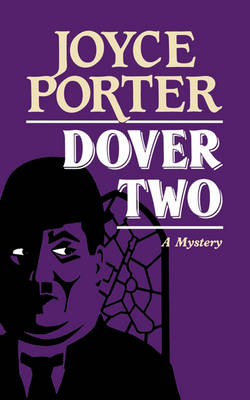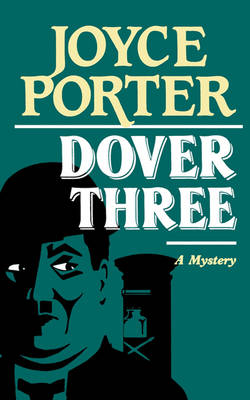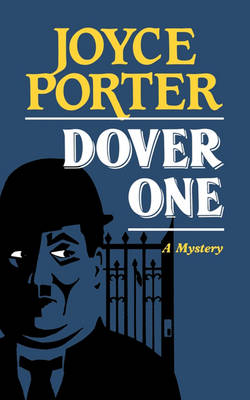A Dover Mystery
3 total works
One February evening in northern England, a young woman is shot in the head and left in a coma. Eight months later she dies, thus becoming a welcome excuse to dispatch the odious Inspector Dover as far as possible from London.
It soon appears that Isobel Slatcher could have been smothered in her hospital bed with a pillow. Now Dover may have two murderers to catch: one who pulled the trigger, the other the last visitor she had in her short lifetime. If, that is, the town's warring Catholics and Protestants will only stop distracting him.
It seemed that everyone in the bleak little village of Thornwich had been honoured with the most obscene poison pen letters imaginable. And they showed no signs of letting up. So off goes Chief Inspector Dover of Scotland Yard, his unfortunate young colleague MacGregor in tow, to track down the source.
Not-so-comfortably ensconced in the miserable lodgings of the Jolly Sailor, Dover's easy confidence is quickly shaken when he suddenly has to deal with two suicides - one attempted, the other all-too-successful - black-market babies, and various bowel disorders. When the second suicide begins to look more and more like murder, however, it is only a matter of time before Dover comes face-to-face with a most determined, and totally unlikely killer.
Completing the trilogy that first introduced Dover to an international audience, Dover Three combines black humour and earthy detail in a wickedly perceptive picture of rural English life.


